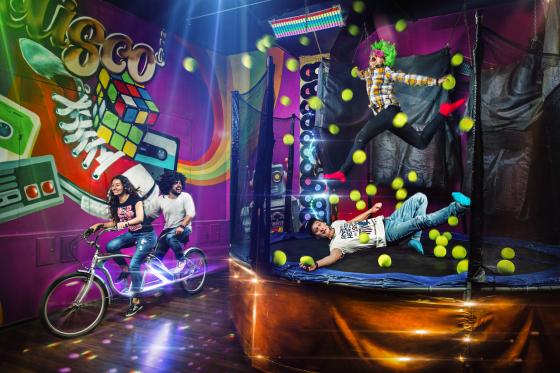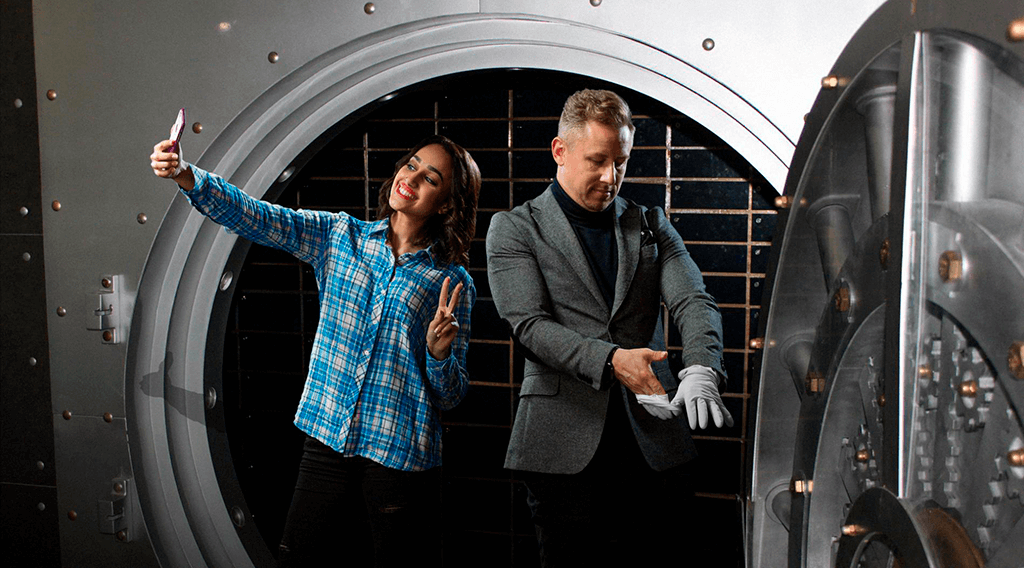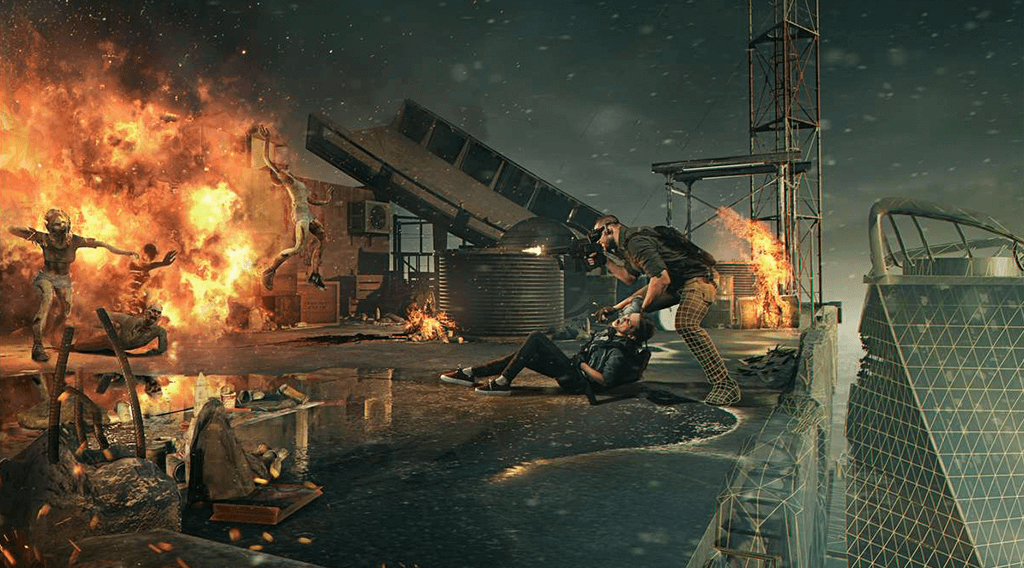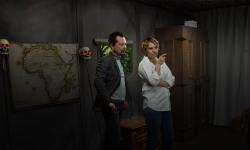Corporate Team Building in Calgary: Why Escape Rooms Actually Work

Most corporate team-building programs come down to leadership talks, park soccer, or buffet lunches. Not bad ideas—but employees quickly forget the theory and stick with old (and often ineffective) communication habits. Escape rooms offer a completely different format! They turn abstract ideas like "trust" and "teamwork" into real-life action. No boring slides or flipcharts—just a real challenge with a ruthless 60-minute timer. That clock alone reveals how a team responds under pressure and where their communication chain might break.
Instant Feedback, Not Dry Theory
Once the door locks behind you, mechanisms go live that even the most talented HR manager would struggle to recreate in an office. The countdown timer constantly reminds you of the deadline, while digital locks coldly register every mistake. Players immediately see the results of their actions:
- the right combo—the safe opens;
- wasted time arguing—the screen flashes minus 5–10 minutes;
- missed a clue—you’re back at the start.
This real-time action-result link accelerates learning and brings the team closer. It's an invaluable tool for analyzing communication dynamics in any company.

Natural Role Distribution
In an escape room, there’s no hiding behind a colleague. From minute one, roles emerge naturally:
- someone takes charge and coordinates the search;
- analytical minds dive into codes;
- creative thinkers propose out-of-the-box solutions;
- observant introverts spot small but crucial details.
Meanwhile, the manager observing via cameras gains a raw, honest view of team dynamics—more accurate than any test or survey. That’s why escape rooms are so effective for spotting leadership potential and evaluating performance in real-time.
Emotional Capital That Doesn’t Fade
A collective "Yes!" after unlocking the final door can energize a team more than a bonus. Gallup studies show that teams who share positive emotional experiences are more productive and have lower turnover. Escape rooms create these very memories—full of humor, surprises, and a sense of achievement that colleagues will still talk about over Monday morning coffee instead of the weekend hockey game.
Why Calgary? The city is innovation-forward and a top destination for escape rooms Canada. Here, you’ll find world-class rooms by Escapehour, where your team can "rob a bank" under security cameras, explore VR rooms with motion floors and augmented reality. Even international firms book Calgary rooms, pairing business mini-conferences with the adrenaline of immersive gaming.

How to Organize the Perfect Corporate Escape
First, define your goal: leadership development or strengthening trust. Match the scenario accordingly—a complex thriller encourages communication, while an adventurous theme boosts creativity. Form a team of 4–7 players: enough for everyone to stay involved without causing chaos. Agree to verbalize all findings, and assign a "time captain" to watch the clock. After the game, reserve 30 minutes for discussion—fresh emotions are best turned into insights while they’re hot.
An escape room is a concentrated mix of challenge, experimentation, and celebration—packed into one hour. It lets you discover teammates’ strengths, stress-test relationships, and gives the whole office a story they’ll retell for years. That’s why corporate team-building in Calgary is more likely to begin not with a PowerPoint, but with a game master saying, "Doors are locked. Timer starts… now!".
FAQ
How many people do you need for an escape room?
Most rooms are designed for 4–7 people—enough for everyone to contribute without crowding the game. Some scenarios allow as few as 2 or up to 10–12 players, so check limits while booking.
Why do escape rooms work better for team building than other activities?
The game imposes a 60-minute deadline with instant feedback—action leads to result. A correct solution opens a lock, while arguing wastes time. Under pressure, true roles and leaders emerge naturally. Shared success creates lasting emotional capital, far more impactful than a typical corporate entertainment event.
How long does a game last?
Standard gameplay is 60 minutes inside the room. Add 10–15 minutes for pre-game briefing and the same for the post-game debrief—crucial to lock in team insights and shared emotion.




